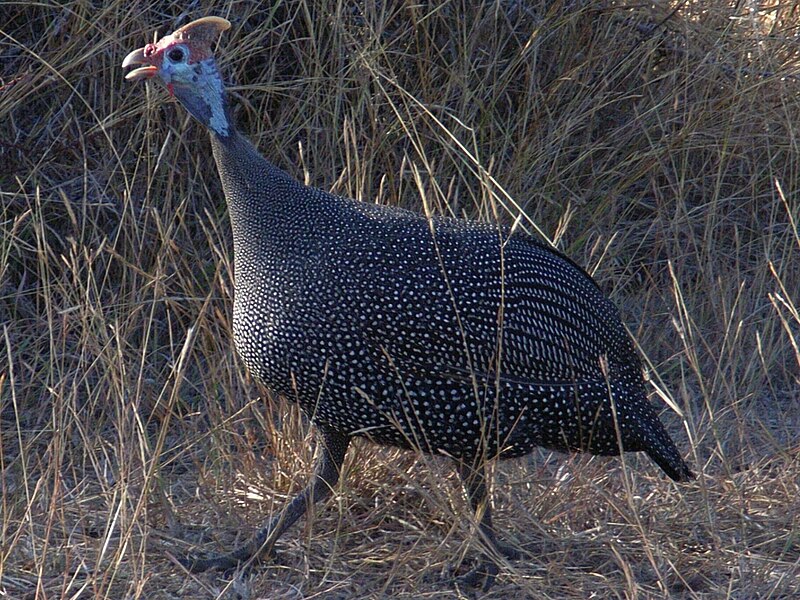I recently wrote on the topic of educational TV shows for parrot owners (please see article below); now it seems that parrots themselves are joining the ranks of avid TV viewers. The staff at Folly Farm Adventure Park, a zoo in Wales, has come up with a unique way to keep their parrots occupied…and the parrots have a lot to “say” about their efforts.
Why a TV?
The group of African Gray Parrots at Folly Farm is kept busy by keepers who interact with them on a regular basis, and are also supplied with climbing and foraging opportunities and other time-tested enrichment activities. The staff was concerned, however, that the parrots might be bored when there were no keepers on site. As an experiment, a 32 inch flat screen TV was installed in the parrots’ exhibit, and the birds’ reactions were observed.
The Parrots Respond
The parrots paid a great deal of attention to the TV, and soon began mimicking rainforest and bird sounds on nature oriented shows. This seemed to make sense, but the birds then surprised their keepers by becoming very excited when Loose Women, a lunchtime talk show, was aired. Some folks were not surprised, however – according to one commenter, the show itself featured a great deal of “chattering”, and so would be a natural for the noisy birds!
Folly Farm’s African Gray Parrots have also taken to mimicking the “beep-beep” make by delivery trucks operating in reverse. Their skilled impressions never fail to draw a few keepers to the loading dock in anticipation of a food delivery!
Music and TV for other Zoo Animals
I’ve used classical radio stations to block out sudden sounds that might disturb especially sensitive zoo animals. In the case of confiscated Palm Cockatoos and a colony of Naked Mole Rats, the strategy worked well.
My only TV-animal experience dates back many years, when I was working with Gorillas. Our females, unschooled in the ways of motherhood, consistently failed to properly nurse their young. Movies showing “good Gorilla mothers” were shown, but the experiment failed miserably…from what I have seen, parrots would have learned whatever they saw on TV!
Suggest Shows for Folly Farm’s Parrots
Click here to suggest programs that Folly Farm’s parrots might enjoy. Recent entries (not by yours truly!) have included Feather Say Feather Again, Cockatoo Kill a Mockingbird and Parrots of the Caribbean.
Further Reading
Parrots Behaving Badly: Britain’s Beer Guzzling, Swearing Birds
TV for Parrot Owners
Hysterical Video: Parrot imitating one sided phone conversation; the video of 2 toddlers “conversing” is also very funny
 The ever-popular Zebra Finch, Taeniopygia guttata has been kept in captivity for almost 150 years, and is considered by most to be an “easy breeder”. However, the ease of breeding these little beauties should not be taken as an excuse to ignore their basic needs. While they will nest even under poor conditions, only when given proper care will breeding pairs remain in top condition and reward you with healthy, robust chicks.
The ever-popular Zebra Finch, Taeniopygia guttata has been kept in captivity for almost 150 years, and is considered by most to be an “easy breeder”. However, the ease of breeding these little beauties should not be taken as an excuse to ignore their basic needs. While they will nest even under poor conditions, only when given proper care will breeding pairs remain in top condition and reward you with healthy, robust chicks. That Bird Blog – Bird Care and History for Pet Birds
That Bird Blog – Bird Care and History for Pet Birds


